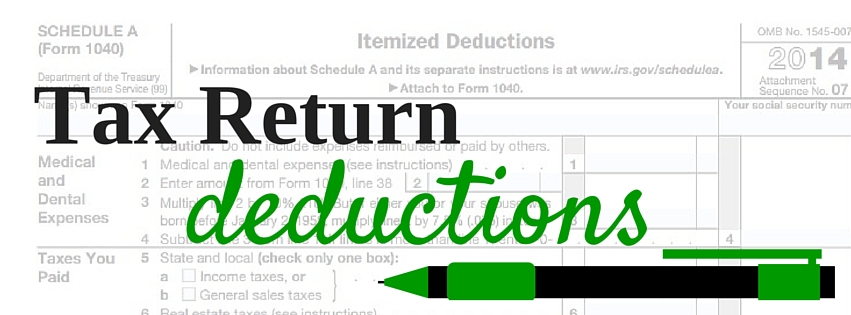

You may deduct any legal fees related to doing or keeping your job. It is also permissible to deduct any job search expenses incurred while searching for a job in your current occupation. You are permitted to expense home office costs, as long as the home office is your principal place of business. You are also permitted to deduct the cost of laundry, meals, baggage, telephone expenses, and tips. If you are away from home on an assignment that lasts less than a year, you will be able to expense the costs for a taxi, plane, train or car.

If you have not been reimbursed by your company, you are able to expense any work-related travel expenses. Unreimbursed Employee Expenses Generally, the following expenses are deducted on Schedule A (Form 1040), line 21, or Schedule A (Form 1040NR), line 7. Tolls and gas are not deductible for regular transportation to work. Other expenses (Schedule A (Form 1040), line 23 or Schedule A (Form 1040NR), line 9).

Parking at your permanent place of work is not deductible. You cannot deduct the cost of traveling to and from work, no matter how it is done. A good place to start is by looking at the HMRC website http://www. You cannot deduct typical commuting costs within your metropolitan area. You will have to decide if the expense is allowable as a deduction for you as an employee.

However, there are travel expenses that are not deductible. Parking, tolls, and gas are deductible for work-related trips. If you have no permanent office and work regularly within your metropolitan area, you can deduct the cost of travel outside that metropolitan area. Auto costs that can be deducted include expenses for traveling between one workplace and another, visiting clients, getting a temporary workplace, and going to a business meeting away from your regular workplace. Most importantly, the costs cannot be reimbursed by your employer.Īuto and travel expenses are among the most common work-related deductions. In order for your deductions to qualify, all expenses must be incurred during the tax year, must be trade or business related, and must be “ordinary and necessary.” However, the expenses are allowed to be taken even if they are not required. You can deduct only the expenses over that amount. You are also required to meet the “2% floor.” This means that the total of the expenses you deduct must be greater than 2% of your adjusted gross income. In order to deduct workplace expenses, your total itemized deductions must exceed the standard deduction. If you’re a salaried employee, your deductions can include job-related expenses. Finding every available deduction will allow you to maximize your return. All other unreimbursed employee expenses are reported directly on Line 23 of Schedule A.As an employee, you may be able to deduct unreimbursed business expenses on your upcoming 2017 tax returns. return, a joint return must be filed in Massachusetts and. Please note that an expense does not have to be required by the employer to be considered necessary.įinally it is important to note that any travel, transportation, meal or entertainment expenses including expenses paid for by the employer are reported on form 2106 or 2106-EZ. To qualify for the Massachusetts employee business expense deduction, the following 3 conditions must be met: The taxpayer must itemize deductions on the federal return.
#UNREIMBURSED EMPLOYEE EXPENSES DEDUCTION PROFESSIONAL#
Work uniforms worn by: delivery workers, firefighters, law enforcement officers, letter carriers, & transportation workersĪn expense that is considered common in the employee’s profession is an ordinary expense.Īn expense that is appropriate and helpful to the employee’s professional career is a necessary expense. Small tools, supplies, safety shoes & glasses, hard hats, and work gloves Membership dues, licenses, permits, and regulatory feesįor carpenters, contractors, electricians & machinists: Professional journals and trade magazines Some of the more common types of expenses that may qualify as an employee expense (if not reimbursed) are: View the chart below, whether you qualify. The expenses are ordinary and necessary in the taxpayer’s industry and/or line of business. For 2020 and previous year returns, employees can deduct unreimbursed expenses which they paid for during the year. The expenses are for carrying on the trade or business of being an employee. The expenses are paid or incurred by the employee during the tax year. Accounting and Tax Prep for Realtors and BrokersĮmployees who incur certain job related expenses may be able to claim some or all of the expenses as deductions if they itemize their deductions on Schedule A.Įmployees can deduct certain job related expenses if the following criteria are met:.Foreign Bank Account Reporting Requirements.


 0 kommentar(er)
0 kommentar(er)
